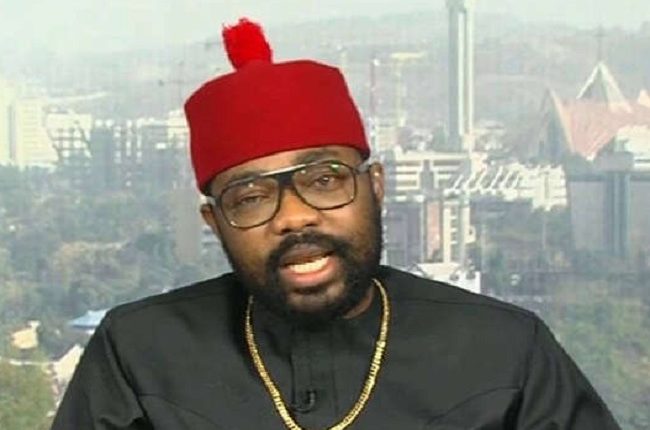In recent developments within the Peoples Democratic Party (PDP), the opposition Federal Lawmakers Coalition, represented by spokesman Ikenga Ugochinyere, expressed support for the suspension of the party’s National Chairman, Umar Damagum, by a faction of the National Working Committee (NWC). This action has generated considerable attention, particularly in the context of ongoing power struggles within the party. Following his suspension, the NWC filled the leadership gap by appointing Yayari Mohammed, the serving national treasurer, as the Acting National Chairman, a decision reflecting the coalition’s desire for continuity and stability during a tumultuous period.
However, the situation took a legal turn when Justice Peter Lifu of the Federal High Court in Abuja issued a restraining order against the PDP’s National Executive Committee (NEC) and Board of Trustees (BoT). The order specified that Damagum must remain in office until the party convenes its national convention, which is scheduled for December of the following year. Justice Lifu’s ruling was influenced by a lawsuit initiated by Senator Umar El-Gash Maina, which contended that the PDP’s constitutional provisions only allow for the election of new national officers during a national convention.
Despite the court ruling, Ugochinyere rejected the notion that it interfered with the NWC’s decision to suspend Damagum. He maintained that the suspension stands and that Yayari Mohammed is the legitimate acting chair. This assertion underscores the factions within the PDP, which continue to vie for control and influence within the party’s hierarchy, raising questions about the implications of legal interventions in party politics and internal governance.
Ugochinyere also called for the judicial system to refrain from involving itself in the internal workings of the PDP, implying that the matter of leadership should be resolved within the party framework without external interference. This sentiment highlights the complexity of navigating internal disputes in political parties, where factions often have opposing views on leadership dynamics and direction. The ongoing power struggle could potentially destabilize the party if not resolved judiciously and swiftly.
As the PDP contemplates its immediate future, the next NEC meeting will be crucial in addressing the leadership vacuum and internal discord that has arisen from the recent suspension of Damagum and subsequent court ruling. The potential for factionalism to escalate further hinges on the decisions made in these upcoming meetings, especially in light of the impending national convention. The dynamic between the party’s internal governance and the judicial rulings underscores the broader challenges political entities face when contending with both legal frameworks and party loyalty.
Overall, the recent conflict within the PDP illustrates the delicate balance between legal authority and party autonomy. The dispute surrounding Damagum’s leadership has not only highlighted existing divisions within the party but also raised important questions about the role of the judiciary in political matters. As the PDP moves forward, striving for cohesion will be essential, particularly as they prepare for their national convention, where the selection of new leadership will be fundamental to the party’s unity and future direction in Nigeria’s political landscape.














